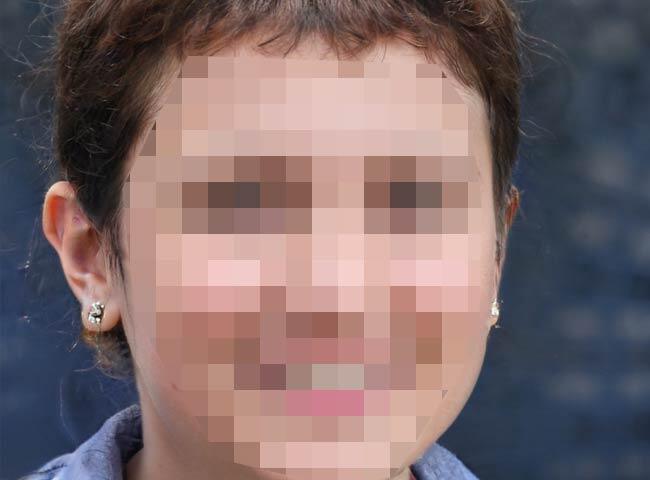Meet Nicole

Nicole's story
Electrolysis Support Fund recipient
Nicole (she/her) faces significant dysphoria from her facial hair, despite daily shaving and using color corrector. The financial burden of razors, shaving cream, and color corrector amounts to around $100 per month. Beyond the financial cost, she endures physical pain, shame, and persistent dysphoria from the visible shadow.
"My facial hair creates more dysphoria for me day-to-day than anything else," Nicole shares. Medical staff have recoiled given unsolicited religious advice. She feels unsafe in public spaces like bathrooms in South Carolina due to her visible facial hair.
Nicole's husband lost his job during the pandemic and is currently disabled, leaving Nicole as the sole financial supporter. High medical expenses and Nicole's neuropathy limit her ability to work more hours. "Hair removal will significantly reduce my social isolation, and this scholarship will significantly reduce my financial stress," Nicole shares. "It will provide a life-affirming experience, of true trans joy!"
Nicole's timeline
-
Award Granted
April 22, 2024
Nicole was awarded a grant toward permanent hair removal!
-
Care Received
May 2, 2024
A payment has been made toward Nicole's permanent hair removal!
-
Care Received
August 1, 2024
A payment has been made toward Nicole's permanent hair removal!
-
Care Received
August 22, 2024
A payment has been made toward Nicole's permanent hair removal!
-
Renewal Award Granted
September 11, 2024
Nicole was offered a Renewal Award! -
Care Received
December 9, 2024
A payment has been made toward Nicole's permanent hair removal!
-
Care Received
February 24, 2025
A payment has been made toward Nicole's permanent hair removal! -
Care Received
August 26, 2025
A payment has been made toward Nicole's permanent hair removal! -
Renewal Award Granted
September 8, 2025
Nicole was offered a Renewal Award!
About Hair Removal: Femme Award
On average, it costs $2,300+ for Nicole's care.
- What is it?
- Before care
- After care
What is it?
Point of Pride provides grants to trans femme people seeking hair removal on their face, neck, or an area of the body in preparation for bottom surgery.
What is life like for a person who needs this care?
For trans femme folks, particularly trans femmes of color, access to facial hair removal often equates to safety against anti-trans violence or discrimination. It's common for applicants to note issues with employment and public safety, particularly if their facial hair is dark or thick. Electrolysis and laser hair removal services are often deemed cosmetic and therefore not covered by health insurance plans.
What is the impact of this care on the recipient’s life?
Access to hair removal often leads to a more positive emotional well-being, increased confidence, increased safety when in public, and better opportunities at employment and more.
Your support funds healthcare that's
life-changing. Life-saving. Life-giving.